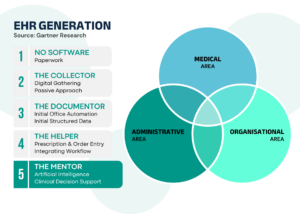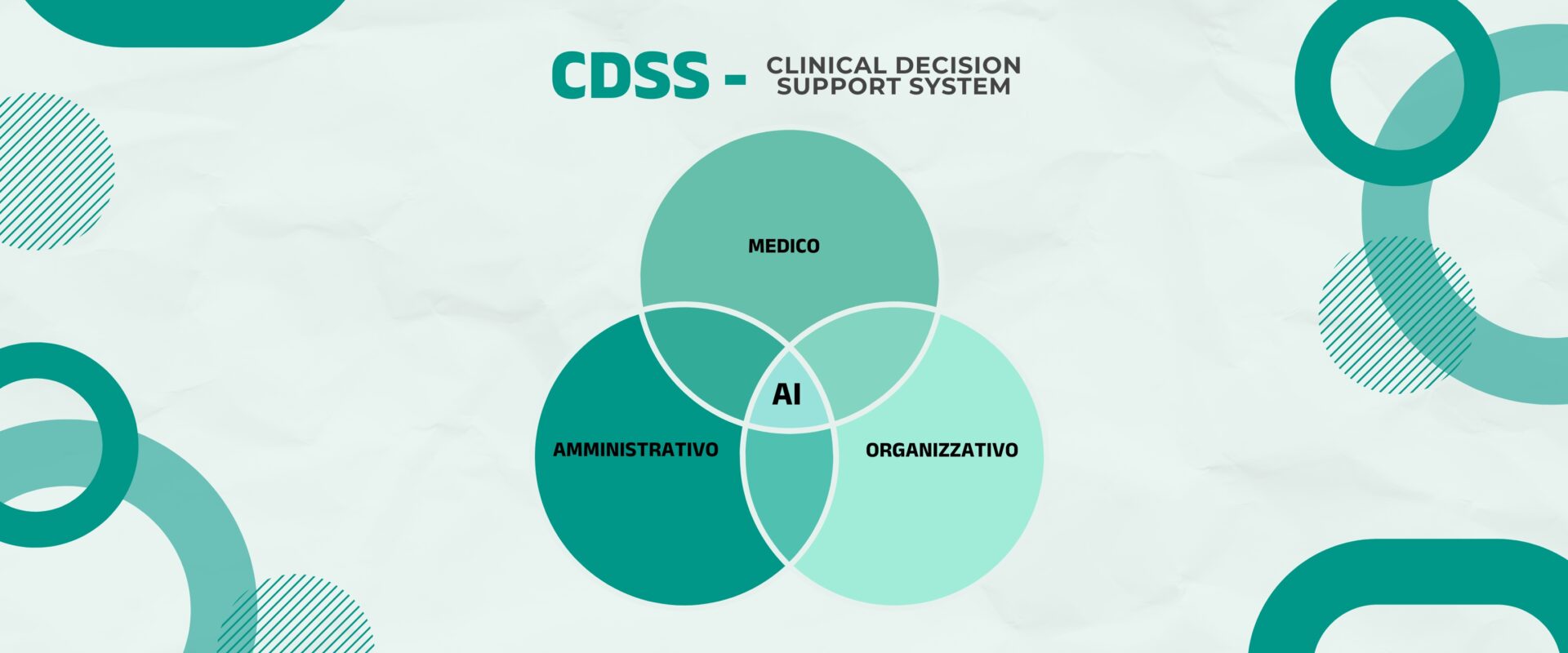Compliance in healthcare presents an intricate and evolving challenge. Hospitals and clinics find themselves at the crossroads of three distinct yet interconnected cultures—medical, administrative, and organisational—each with unique priorities and ways of working. Aligning these diverse cultures under one coherent compliance framework is undeniably complex but essential for patient safety and quality care. This article shares Connect’s vision of how these cultural dimensions shape the complexity of compliance, exploring the potential of Artificial Intelligence (AI) as an aid to professionals. While the project is still experimental, Connect is carefully navigating this complexity with a strong ethical commitment to protect both patients and healthcare professionals.
Understanding Healthcare’s Three Cultures
Compliance in healthcare is more than rule-following; it requires bridging diverse professional mindsets.

Medical Culture: Clinicians, such as doctors and nurses, primarily focus on clinical outcomes and patient care, adhering to established clinical guidelines and pathways. Their priority is ensuring patient safety and treatment effectiveness. However, they can find administrative processes cumbersome, sometimes perceiving them as obstacles rather than supports.
Administrative Culture: Administrators prioritise regulatory compliance, documentation, and resource allocation, focusing on legal standards, accreditation, and internal policies. For them, detailed procedures, from patient data management to safety checklists, are critical for legal and operational integrity.
Organisational Culture: This broader institutional mindset integrates medical and administrative goals, seeking harmony through governance, quality improvement, and risk management. It drives initiatives like clinical pathway integration, quality assurance, and patient safety measures, ensuring alignment with organisational missions and standards.
These distinct cultures do not always align seamlessly. For instance, clinicians might view extensive administrative documentation as detracting from patient interaction, while administrators see documentation as vital for compliance and institutional protection. Thus, healthcare organisations must delicately balance these varying perspectives, fostering an understanding that compliance enhances both patient care and operational efficiency.
Compliance and Cognitive Load in Healthcare
The multifaceted nature of compliance generates significant cognitive burdens for healthcare professionals. Clinicians must continuously adhere to diverse procedures, from hygiene protocols to medication management, while administrative staff navigate evolving regulations, reporting requirements, and quality standards. Such complexities often overwhelm staff, risking cognitive overload.
In reality, healthcare professionals juggle multiple simultaneous responsibilities. A nurse preoccupied with documentation might miss subtle patient condition changes, whereas a clinician deeply engaged in clinical reasoning might overlook necessary compliance paperwork. Typically, these oversights arise not from negligence but from the immense cognitive load and competing priorities healthcare workers face daily. Such cognitive burdens can lead to burnout, procedural errors, or inconsistent compliance, potentially affecting patient safety or organisational compliance.
Connect’s Vision
How AI Could Support Compliance?
Connect recognises the promise of AI in easing these cognitive burdens and enhancing accuracy, exploring ways to translate complex compliance processes into intuitive support tools for diverse healthcare settings
Automating Routine Tasks: AI holds potential for efficiently managing repetitive administrative tasks, such as filling standard forms or verifying documentation completeness. This could significantly reduce the time clinicians spend on paperwork, allowing them more interaction with patients, while administrative accuracy is maintained consistently.
Decision Support and Accuracy Checks: AI might serve as an essential compliance aide, cross-checking clinician orders against clinical pathways or flagging potential safety concerns, such as medication interactions. By prompting clinicians in real-time regarding procedural adherence—like completing essential safety checklists—AI aims to standardise care practices, supporting professionals and enhancing patient safety.
Information Management: AI could mitigate information overload by filtering relevant updates in regulations or procedures, presenting healthcare professionals with timely, pertinent information. For administrators, AI might help integrate regulatory changes into daily workflows, facilitating quick and precise responses to compliance demands through user-friendly dashboards.
Administrative Compliance Support: AI may support administrative duties, tracking essential certifications and training requirements, sending timely reminders, and managing incident reports. By proactively highlighting compliance issues, administrators could address concerns before regulatory scrutiny arises.
Connect’s Ethical Commitment to AI Integration
Recognising the significant responsibilities involved, Connect places ethics at the core of AI experimentation and integration. The vision is clearly defined as “AI with a human touch” meaning AI tools are conceived as assistants, never replacing the human experts responsible for decision-making.
Practically, this involves ensuring human oversight at every stage. For example, while AI might draft reports or compliance checklists, final validation rests firmly with clinicians and administrators. Transparency, safety, and reliability guide Connect’s AI experimentation, with a firm adherence to GDPR and data protection principles to safeguard sensitive patient information. Furthermore, Connect actively involves healthcare staff in AI development, ensuring the resulting tools are intuitive and aligned with real-world clinical and administrative workflows.
This ethical stance offers reassurance to healthcare professionals, enhancing trust and comfort in using AI-supported compliance tools. For patients, it promises enhanced safety and care quality, as AI could potentially identify risks or oversight areas before they impact care delivery. The overarching goal is harmonious collaboration—professionals empowered through efficient, accurate, ethically sound AI tools that enhance, rather than compromise, their expertise and autonomy.
A Vision for Future Compliance
While compliance complexity in healthcare is a permanent challenge, Connect views this not as an obstacle but as an opportunity. By acknowledging the varied cultures within healthcare and carefully experimenting with AI, Connect seeks to simplify compliance complexities into user-friendly, supportive tools adaptable across diverse healthcare environments. This vision prioritises ethical integration, aiming to build a sustainable, trust-driven healthcare ecosystem where compliance becomes seamlessly embedded in everyday practice, ultimately safeguarding both professionals and patients.
